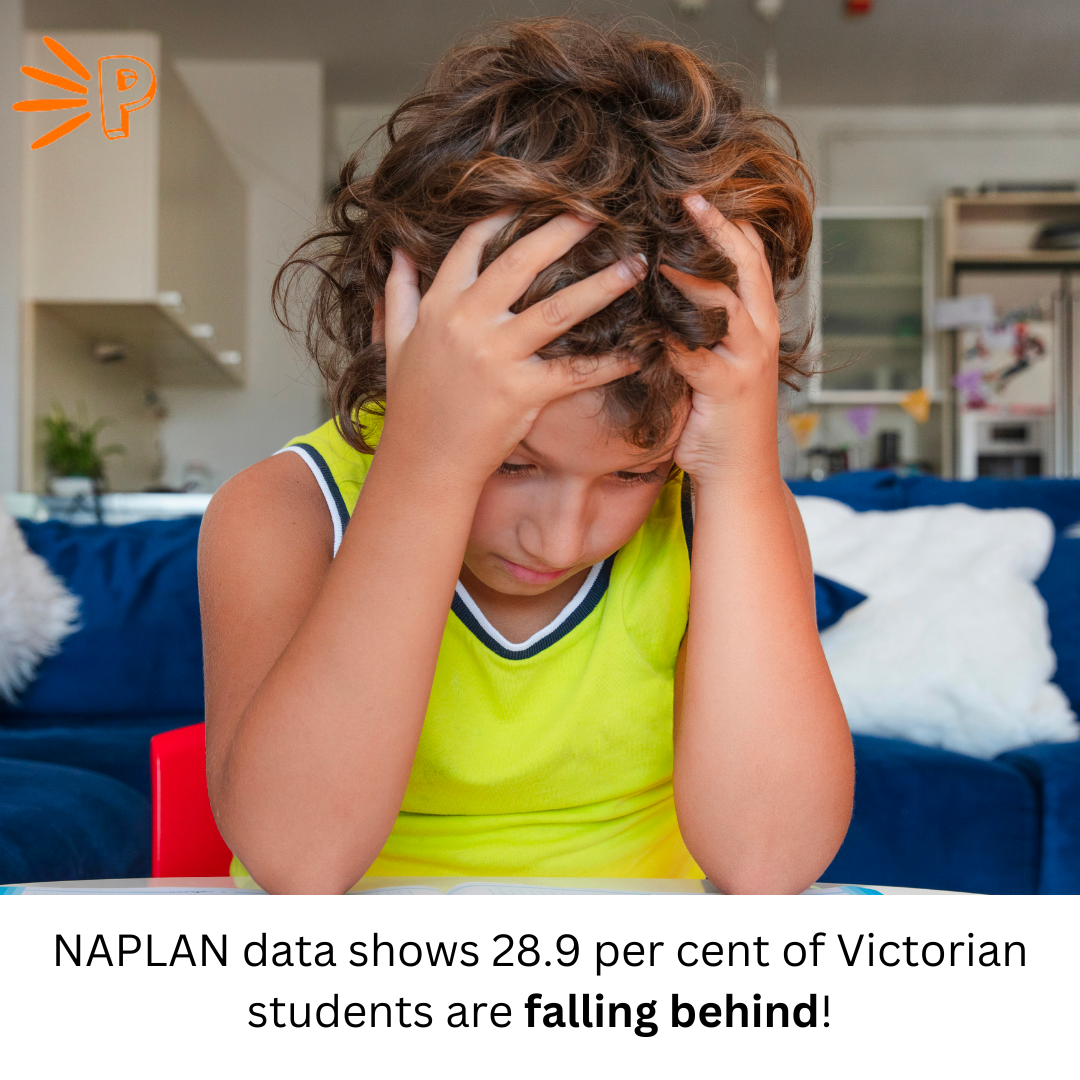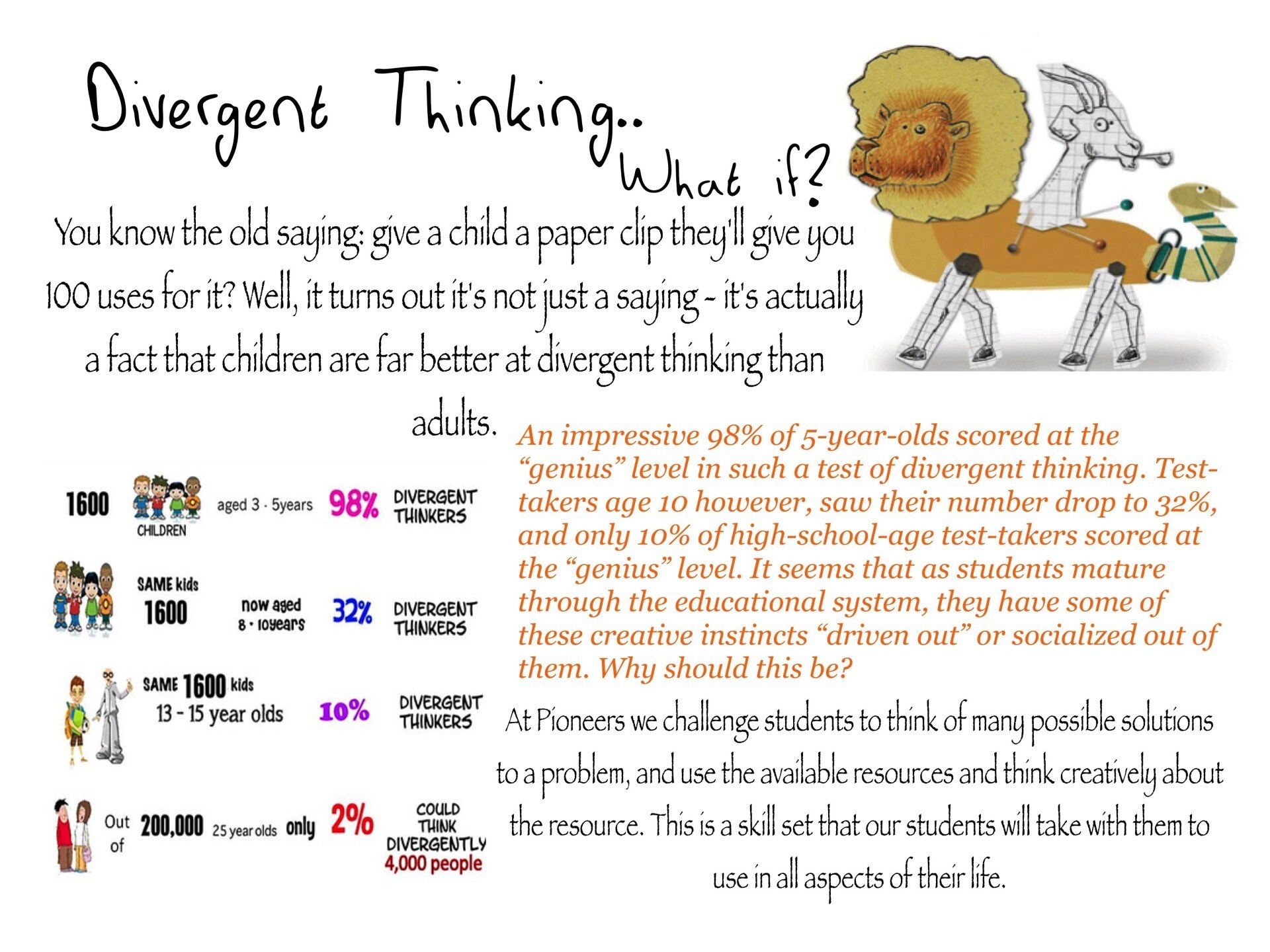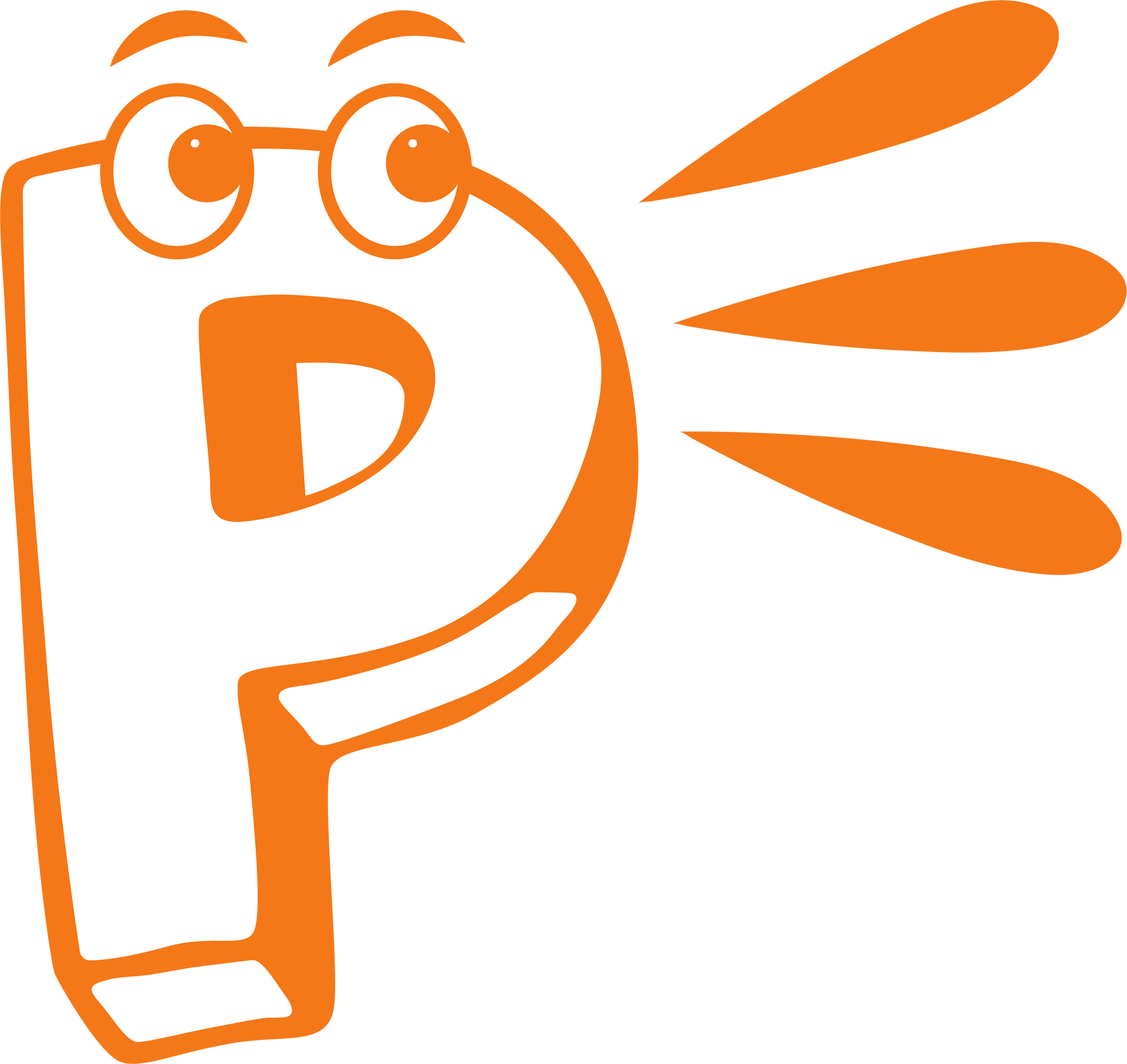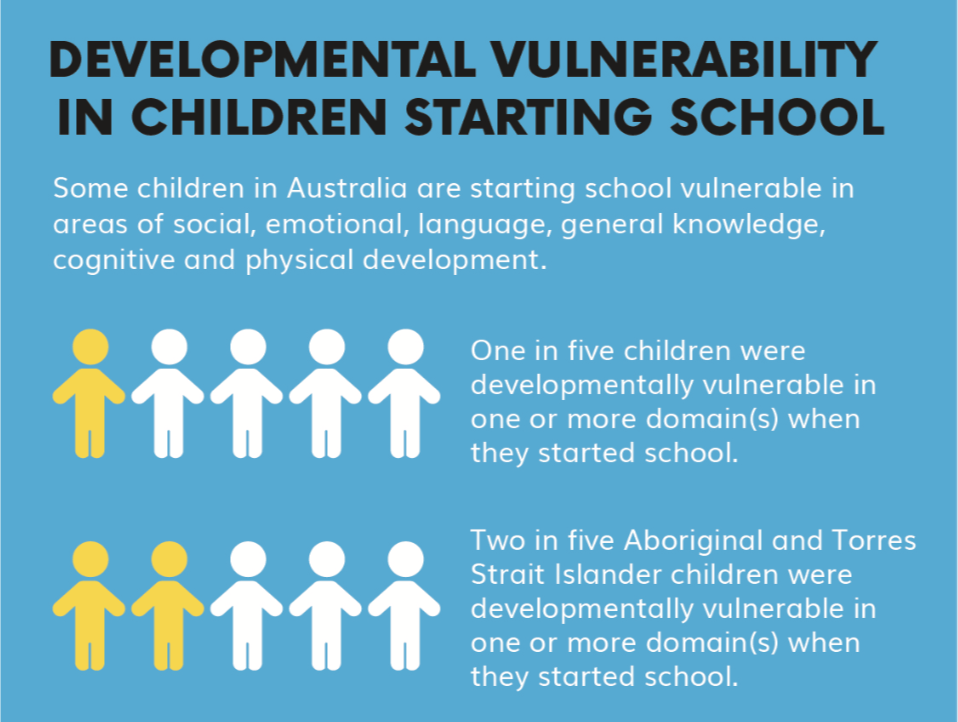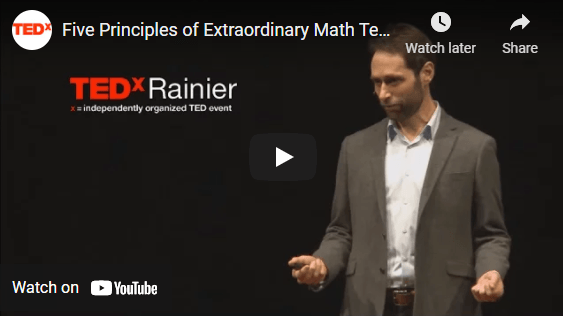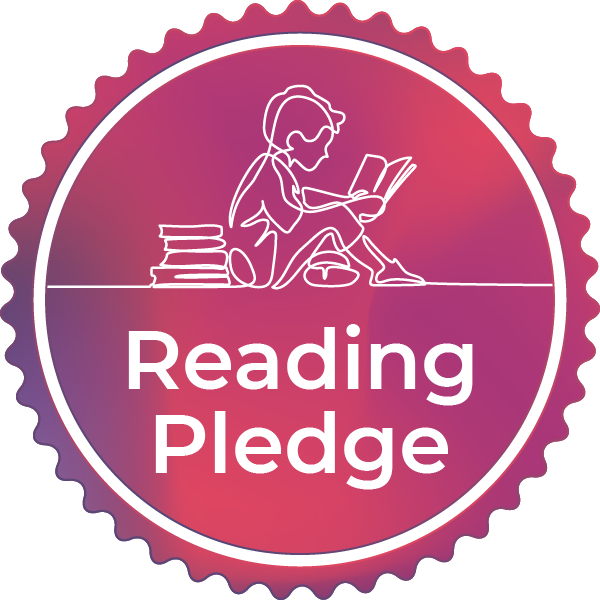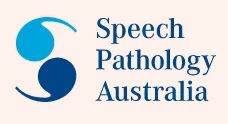Identifying Reading Difficulties - How you can help!
As a parent I can understand the extreme worry and anxiety parents face when identifying that their child may have a reading difficulty.
The first thing I'd like to bring to your attention if your a parent with a child struggling to read at this very moment is; it is okay, there are many Australian children from foundation to senior years struggling with reading. The good news is you have identified there is a problem and now you are able to get your child the support they need to become sufficient readers. The purpose of this blog is to inform you that there are many reasons a child may be struggling with reading, and there are many ways to address these difficulties and put your child make on track!

